CALL FOR YOUR CONSULTATION
Slander in Virginia
Charged With Slander? Contact Us Now.
Have you been charged with slander in Virginia? Get in touch with Ashwell & Ashwell, PLLC today. We can offer you a solid defense in your case. Call now.








Virginia’s Slander Laws
Slander is the publication of a harmful, false statement of fact about another person. Slander refers to spoken or oral defamation. Libel refers to written or printed defamation. In Virginia, slander and libel are treated the same under the law.
A lawsuit can be filed against a person who makes an actionable statement. Nevertheless, defamation lawsuits are challenging because the plaintiff needs strong evidence and a thorough understanding of the law.
You need to know what your rights and obligations are under the law. You should know how to protect yourself from derogatory statements and malicious accusations.
Contact a civil litigation attorney for help with the defamation claim.
Understanding Defamation in Virginia
To be successful with defamation claims under Virginia Law, plaintiffs need to show the following elements:
-
Factual assertion: The statement should be a claim of fact, not an opinion, a joke, or a hyperbole.
-
False: It should be a false statement. It is not slander if the statement is the truth or substantially true.
-
Defamatory in nature: The statement may harm the plaintiff’s reputation or lower their esteem in the eyes of others.
-
About the plaintiff: The defamatory statement should identify or refer to the person suing for slander.
-
Made to a third party: The statement should be communicated to someone other than the speaker.
-
The setting or context isn’t privileged: Statements should not be made in situations where they are legal or obligatory, like courts, legislative proceedings, or confidential relationships.
-
The requisite degree of fault: The plaintiff must prove that the defendant acted maliciously or negligently in making the defamatory statement.
-
It causes actual or presumed damages: The statement should cause some harm to the person being slandered. An individual could suffer financial loss, emotional distress, or a diminished reputation as a result of the slander.
How Long Does the Plaintiff Have to File a Defamation Lawsuit in Virginia?
There is a one-year statute of limitations in Virginia that applies to both slander and libel suits. If they miss this deadline, they lose the right to sue for defamation.
Damages Awarded in Virginia for Slander
Plaintiffs often receive different damages depending on the circumstances. They include:
- Compensatory damages: A slander victim may be compensated for the actual losses or injuries they suffered due to the slander. Besides compensation for economic losses resulting from the loss of income, they may also receive compensation for noneconomic losses, such as emotional distress or humiliation.
- Presumed damages: A defamatory statement may sometimes be presumed defamatory without plaintiffs having to prove harm. Such statements are referred to as defamation per se. A court will presume that your reputation has been damaged if, for example, someone falsely claims you:
- Committed a crime
- Has a contagious disease
- Is unfaithful to their spouse
- Is incompetent in their profession
- Committed an offense involving moral turpitude
- Punitive damages: These damages are not intended to compensate the plaintiff but rather to punish the defendant. They are also awarded to prevent future wrongdoing by the wrongdoer or others. Punitive damages are typically only awarded if the defendant’s actions were intentional or grossly negligent.
Slander Defenses
In a defamation lawsuit, there are several defenses you can use. They include:
- Truth: This is the absolute or complete defense to defamation. You can avoid liability by proving that the statement was true or substantially true.
- Absolute privilege: This defense applies to statements made in specific settings or contexts.
- Qualified privilege: It applies to statements made in good faith on matters of common interest or duty.
- Innocent construction: This defense applies to statements that can be interpreted in more than one way.
- Opinion: This defense applies to statements that are expressions of opinion. Opinions are generally protected by the First Amendment.
If you need a slander lawyer in Virginia, contact Ashwell & Ashwell, PLLC, today.
How Can You Prove Slander in a Virginia Court?
To prove slander in a Virginia court under Virginia defamation law, the plaintiff must show that the defendant made an allegedly defamatory statement that was spoken and heard by a third party and caused harm to the plaintiff’s reputation or profession.
The exact words of the allegedly defamatory statement must be presented, and the statement should not just be insulting words but must assert defamatory facts or constitute defamation – implying criminal conduct or adversely affecting a person’s character or profession.
Convincing evidence is required to demonstrate that the statement was false and that it was the natural and probable consequence of such a statement that led to harm.
What Is the Statute of Limitations for Filing a Slander Lawsuit in Virginia?
In Virginia, the statute of limitations for filing a defamation action, including slander, is one year. This means that a person who believes they have been slandered must file their lawsuit within one year from the date the defamatory statement was made.
This limitation is established to ensure that claims are made while evidence is still fresh and available.
How Are Public Figures Treated Differently in Slander Cases in Virginia?
Public figures are treated differently in slander cases in Virginia, as established by the Virginia Supreme Court and consistent with the Supreme Court of the United States.
For a public figure or someone holding such an office to win a slander case, they must prove ‘actual malice’ – that the defamatory statement was made with knowledge of its falsity or with reckless disregard for the truth.
This higher standard, requiring clear and convincing evidence of actual malice, stems from the principle that open and robust debate regarding public figures is encouraged, and thus, the threshold for proving defamation is higher.
Statements qualify as slanderous against a public figure only if they meet this stringent criterion of demonstrating actual malice.
How Can Ashwell & Ashwell Help You?
Ashwell & Ashwell has a team of experienced lawyers who are highly respected in their respective fields. We provide legal services that are tailored to meet your individual needs. Our attorneys are passionate about helping our clients reach successful outcomes.
Among the ways we can assist you are:
-
Assessing your case and advising you on your options: This will allow us to determine whether you have a valid defense as well as your case’s strengths and weaknesses.
-
Prepare and file your response or your lawsuit: Our team can draft and submit the necessary documents. We will respond to the lawsuit, file the counterclaim, make the discovery requests, and file the necessary motions. Additionally, we will handle the service process, make sure the court fees are paid, and keep track of all deadlines.
-
Gather and present evidence to support your case: Our attorneys will conduct thorough research, interview witnesses, obtain records, and hire professionals if necessary. We will also analyze and organize the evidence and present it persuasively.
-
Negotiate a settlement or represent you at trial: Our team will attempt to negotiate a reasonable agreement with the other party. If a settlement is not possible, we will represent you at trial and advocate for your rights.
-
Appealing the decision: If the judgment is unfavorable towards you, we can assist you in appealing the decision and seeking a reversal or modification of the decision.
Contact Ashwell & Ashwell, PLLC Today
When you are accused of making defamatory statements in Virginia, it can be very stressful and frustrating. In addition to feeling that your freedom of speech and expression has been violated, you may also feel unfairly targeted by someone trying to silence or harm you. However, this is a challenge you do not have to face alone.
Contact Ashwell & Ashwell, PLLC, if you need a slander attorney. Our firm has represented countless clients in defamation cases with positive results.
Call us to learn more about our practice and learn all the ways we can help you.




